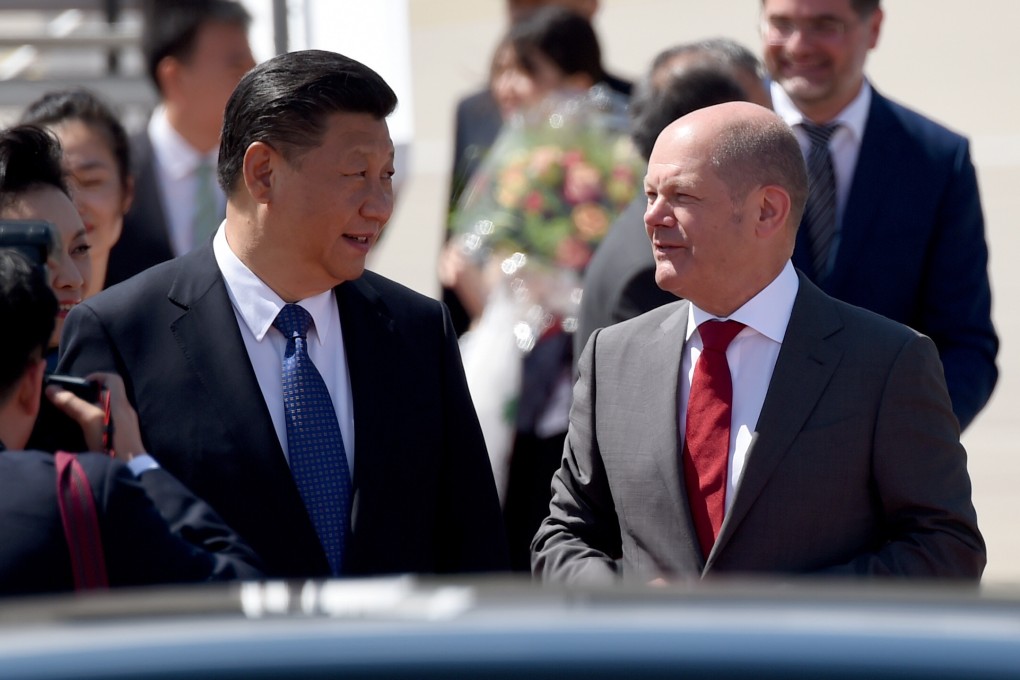Advertisement
Opinion | Vladimir Putin’s war on Ukraine must not be allowed to undo decades of Sino-German economic cooperation
- China is not Russia. Its economic ties with Germany run far deeper, and Berlin needs good relations with Beijing to retain its leading position in Europe
- Without key raw materials from China, including metals, Europe and in particular Germany will not be in a position to advance ecological change
Reading Time:3 minutes
Why you can trust SCMP
17

Relations between China and Germany go back a long way and have intensified since diplomatic relations were established in 1972 under German chancellor Willy Brandt. Since then, both sides have benefited greatly in areas such as science, technology and education – as well as trade, key to the flourishing cooperation.
Advertisement
A rising China needs Germany and the rest of Europe as markets for its products to ensure economic growth. Germany needs China for its manufacturing, particularly in electronics and chemicals, and for raw materials.
Previous German chancellors Helmut Kohl, Gerhard Schröder and Angela Merkel understood that amicable and beneficial relations with China were in Germany’s best interests.
Today, China is by far Germany’s largest trading partner, with bilateral trade worth more than €245 billion (US$250 billion) last year. Germany remains Europe’s primary investor in China, with direct investment increasing from US$1.5 billion in 2010 to US$14.55 billion in 2020.
It is a relationship that works. However, Russia’s war in Ukraine is now having an adverse impact on Sino-German cooperation.
Advertisement
Berlin has, in the past, been highly critical of Beijing’s handling of human rights. Now China’s refusal to condemn the Russian invasion and join Western sanctions against Moscow has called into question the strategic partnership. After all, Germany’s “Zeitenwende” (turning point), postulated by Chancellor Olaf Scholz after Russia’s attack, will also see Berlin readjust its stance on Beijing.

Advertisement
